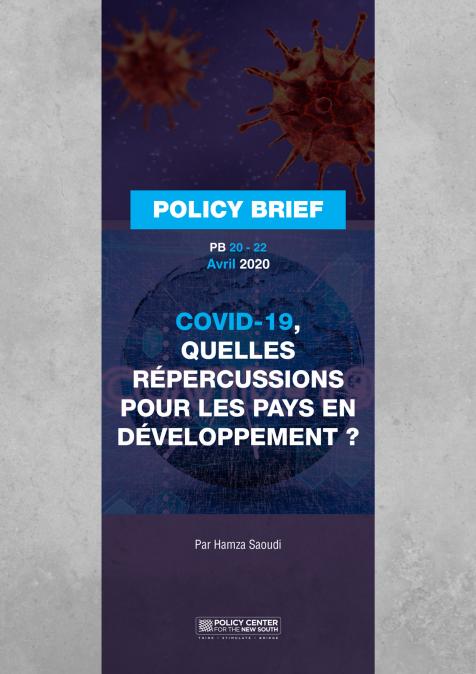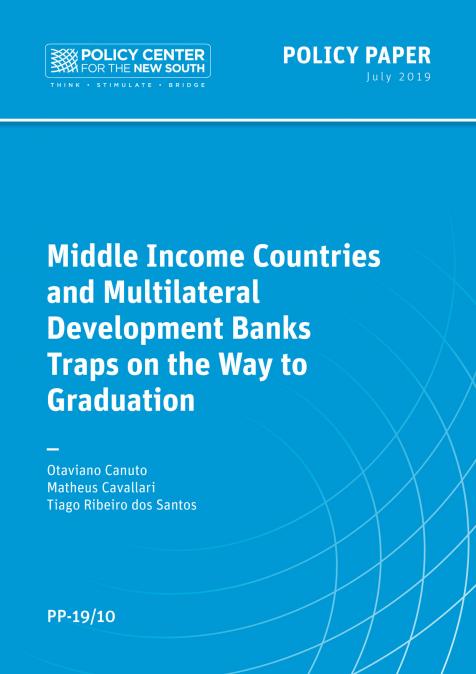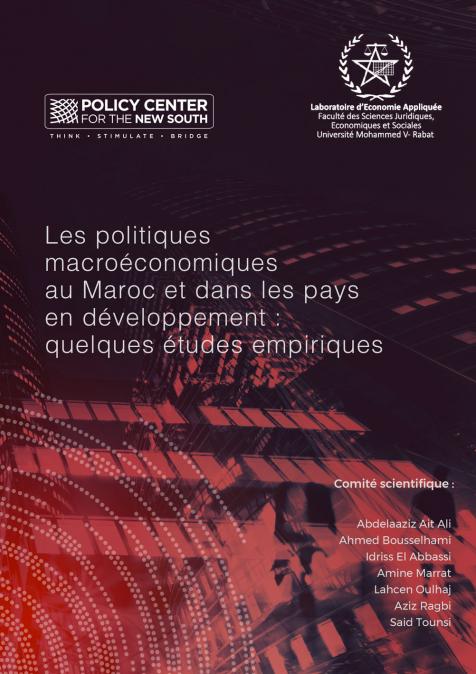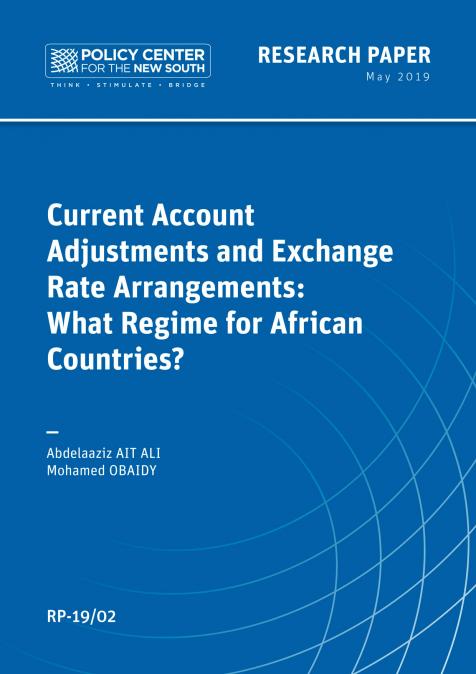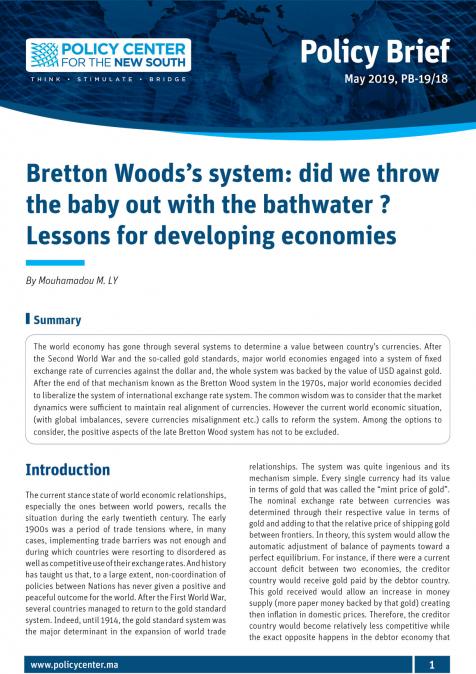Publications /
Policy Brief
La crise engendrée par le COVID-19 a bouleversé l’ordre de l’économie mondiale. Elle montre à quel point les économies sont très interdépendantes, vulnérables et ne sont pas préparées à faire face à un choc sanitaire de cette ampleur. Même les pays développés et les grandes puissances économiques mondiales en ont été très négativement impactés. Cependant, l’impact de cette pandémie est à géométrie variable et son issue dépendra de la capacité des Etats à réagir et à y faire face le plus tôt possible. Ce qu’il faut souligner c’est que certains pays en développement, en particulier les pays pauvres, n’ont pas suffisamment de marge de manoeuvre et de capacité budgétaire pour faire face à une propagation aigue de ce virus et ne peuvent pas supporter des pressions croissantes sur de longues périodes sur leurs systèmes de santé qui sont déjà très fragiles, voire rudimentaires dans certains cas. Il est très important pour ces pays, qui ne sont pas encore très impactés par cette pandémie, de prendre des mesures urgentes. Une intervention et un appui supplémentaires de la communauté internationale sont cruciaux.

